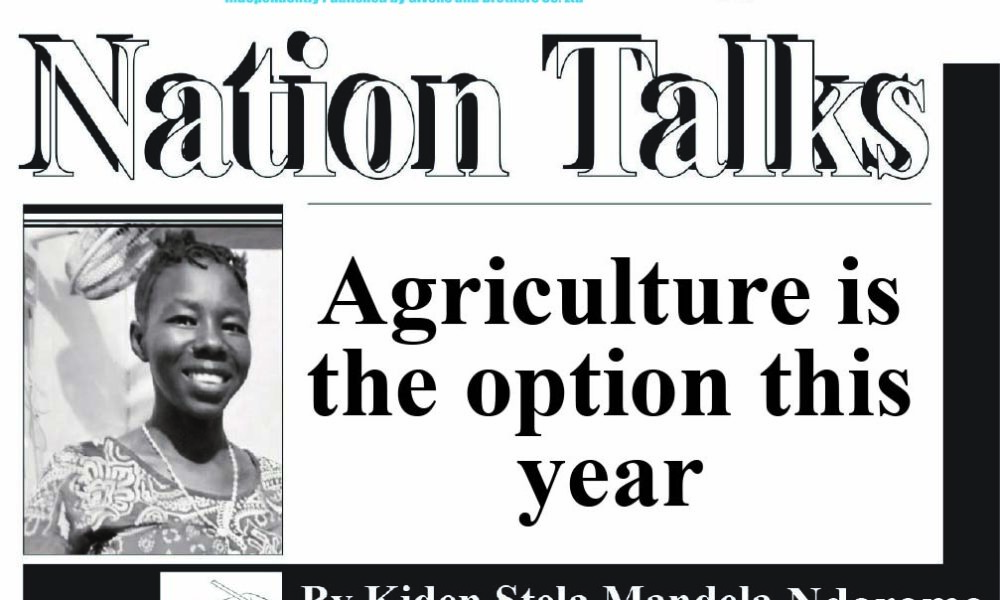South Sudan faces a severe hunger crisis, exacerbated by the declining value of its currency against the US dollar.
This economic instability raises concerns about the government’s development plans and its ability to establish peace and stability. The current situation makes transitioning from humanitarian aid to development, particularly in agriculture, extremely challenging. Since independence in 2011, South Sudan has relied heavily on donations, neglecting the development of its agricultural sector.
It’s time for a shift. Instead of relying solely on international aid, South Sudanese citizens should advocate for agricultural tools and resources, empowering themselves to boost local food production. This would demonstrate a commitment to economic growth and self-sufficiency, especially given potential funding cuts from international partners.
South Sudan possesses vast land suitable for various developmental activities, including large-scale farming. The potential for agricultural self-sufficiency is immense, but it requires dedicated effort to overcome the looming threat of hunger. Key to this transformation is stabilizing security, enabling farmers to access their land without fear, and improving transportation infrastructure to facilitate the movement of goods to markets, both domestically and internationally. Increased production will naturally lead to lower prices, reducing dependence on expensive imports.
The focus must shift from political instability to practical solutions. Citizens are asking legitimate questions about security and their ability to farm without risking their lives due to ongoing conflicts. The government must prioritize security in agricultural areas. Agriculture is the most viable option for South Sudan right now, more so than reliance on oil revenue or US dollars, especially given the pervasive insecurity. The ongoing clashes and power struggles are claiming innocent lives and preventing farmers from cultivating their land.
The government is urged to prioritize security across the nation, creating an environment conducive to agricultural activity. Furthermore, a renewed focus on broader development programs, including improvements to health and education, is essential for long-term stability and prosperity. South Sudan must embrace agriculture now, before the hunger crisis deepens further and valuable agricultural skills are lost.
God Protect South Sudan
Be the spectator!




